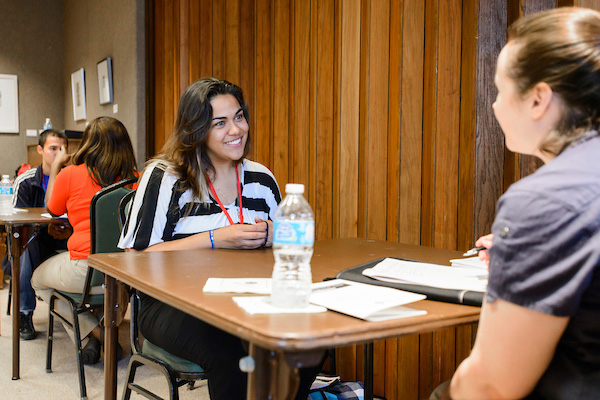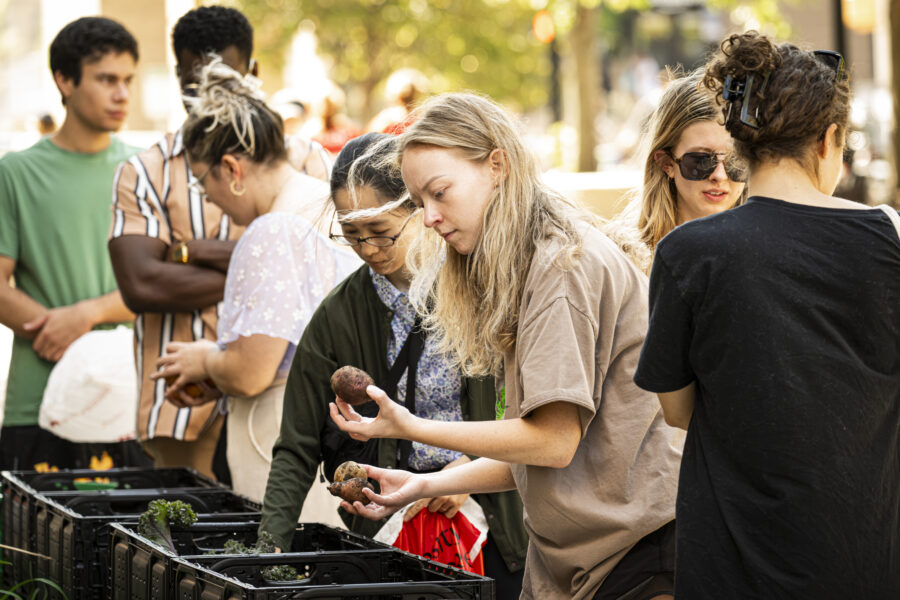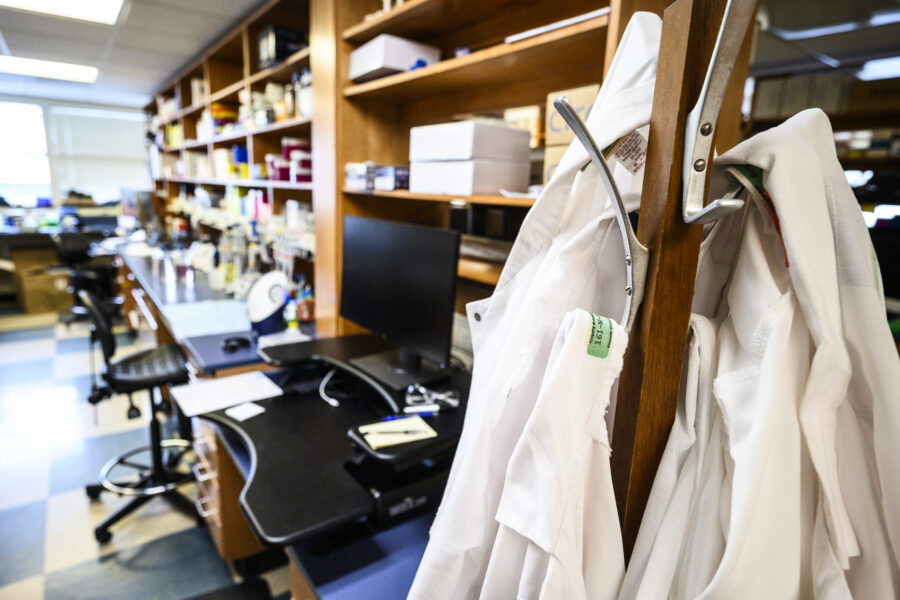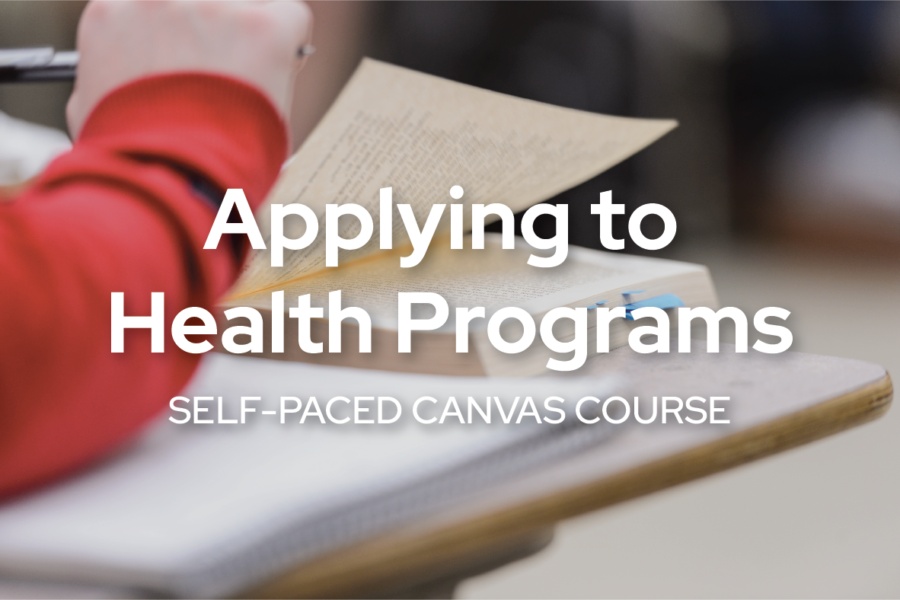About Child Life Specialists
According to the Association of Child Life Professionals (ACLP), Certified Child Life Specialists (CCLS) help infants, children, youth and families cope with the stress and uncertainty of acute and chronic illness, injury, trauma, disability, and loss through therapeutic play and other techniques. They also work to ensure that life remains as normal as possible for children in health care settings and other challenging environments.
Child life specialists provide services in a variety of health care settings, including inpatient units, surgery areas, intensive care units, as well as providing services in other settings such as dental offices, community organizations, special needs camps.
See these Frequently Asked Questions compiled by the Advising and Career Center in the School of Human Ecology or learn more about Child Life Specialists at UW Health.
For the most up-to-date salary information, visit the Association of Child Life Professionals website and/or view the ACLP’s 2020 Salary Survey.
Note: UW-Madison does not offer a Child Life Specialist program. While this field is not among CPHA’s primary areas of advising expertise, we are here to support you in exploring the career, building helpful experiences, and navigating some aspects of professional program applications. Talk with us if you have questions!
Certified Child Life Specialist (CCLS)
There are two academic paths a student can take to become a Certified Child Life Specialist. One path is to earn a Bachelor’s degree in any field and then take the 10 required child life courses. The other path is to earn an undergraduate or graduate degree from an ACLP-endorsed academic program.
Once the academic requirements are completed, it is necessary to do a clinical internship under the direct supervision of a CCLS (some of which have specific requirements) and complete an eligibility assessment prior to certification.
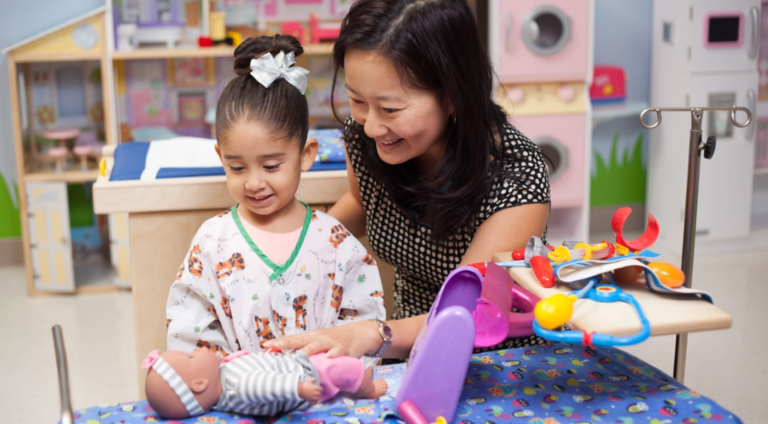
Explore Your Interest in Child Life Specialists
Shadowing & Informational Interviews
An excellent way to explore your interest in becoming a Child Life Specialist is by talking to them and observing their work directly. If you have friends or family who work in health care (in ANY role) ask if they know any CCSLs or look for CCSLs on LinkedIn, Instagram, or TikTok to see if they are willing to talk about their career.
Volunteering
Child Life Specialist Programs may look for applicants who demonstrate a sustained commitment to serving others. Learn more about opportunities to volunteer to work with children in clinical and non-clinical settings.
Jobs
After volunteering and exploring, working with children in clinical or non-clinical settings is a great way to learn about practical aspects of the field.
This is an accordion element with a series of buttons that open and close related content panels.
Additional Resources
Finding a Program
Programs offering Child Life courses pre-approved by the ACLP including one at UW-Stevens Point.
Undergraduate and graduate programs endorsed by the Association of Child Life Professionals (ACLP) including those at Edgewood, the University of Minnesota, and the University of Iowa.
Connect with the Child Life Program Director at Edgewood College, Dr. Katie Glass (kglass@edgewood.edu) to learn more about their Master of Science in Child Life Program.
Educational & Professional Associations
Preparing to become a CCLS
There are two academic paths to become a Certified Child Life Specialist. One is to earn a Bachelor’s degree in any field and then take the 10 required child life courses.
These courses include a child life course taught by a CCLS, 2 child development courses, a family systems course, a play course, a loss/bereavement or death/dying course, a research course, and 3 additional courses in related areas.
In this case, institutions may require that individuals take the corresponding prerequisites to enroll in courses that have been pre-approved by the ACLP.
The other path is to earn an undergraduate or graduate degree from an ACLP-endorsed academic program. Requirements for these programs vary from school to school, so it’s always necessary to consult program websites.
Graduate programs endorsed by the ACLP may require applicants to complete one or more courses in psychology, child development, or lifespan development. Other potential course requirements include:
- Human Anatomy
- Medical Terminology
- Introduction to Child Life
- Research Methods
Application Process
Institutions typically require that individuals apply as non-degree seeking students to take courses pre-approved by the ACLP.
Undergraduate programs endorsed by the ACLP typically require that applicants apply to the institution as an undergraduate (or second degree) student. Graduate programs endorsed by the ACLP typically require that applicants apply to their program directly, although they may also need to apply to the institution’s graduate school.
Application materials may include: letters of recommendation, a CV or resume, a personal statement, a diversity statement, and less commonly, the Graduate Record Exam (GRE). However, requirements vary from school to school, so it’s always necessary to consult program websites.
Graduate programs endorsed by ACLP may also require that applicants have obtained a certain number of hours working or volunteering with children – sometimes requiring that at least some of this experience is in a child life or hospital setting.
Some programs may have fee waivers available. Contact them directly for more information.
Enroll in Applying to Health Programs
CPHA runs a Canvas course called Applying to Health Programs, a non-credit course designed to help you with the process of applying to programs like CCLS programs.
